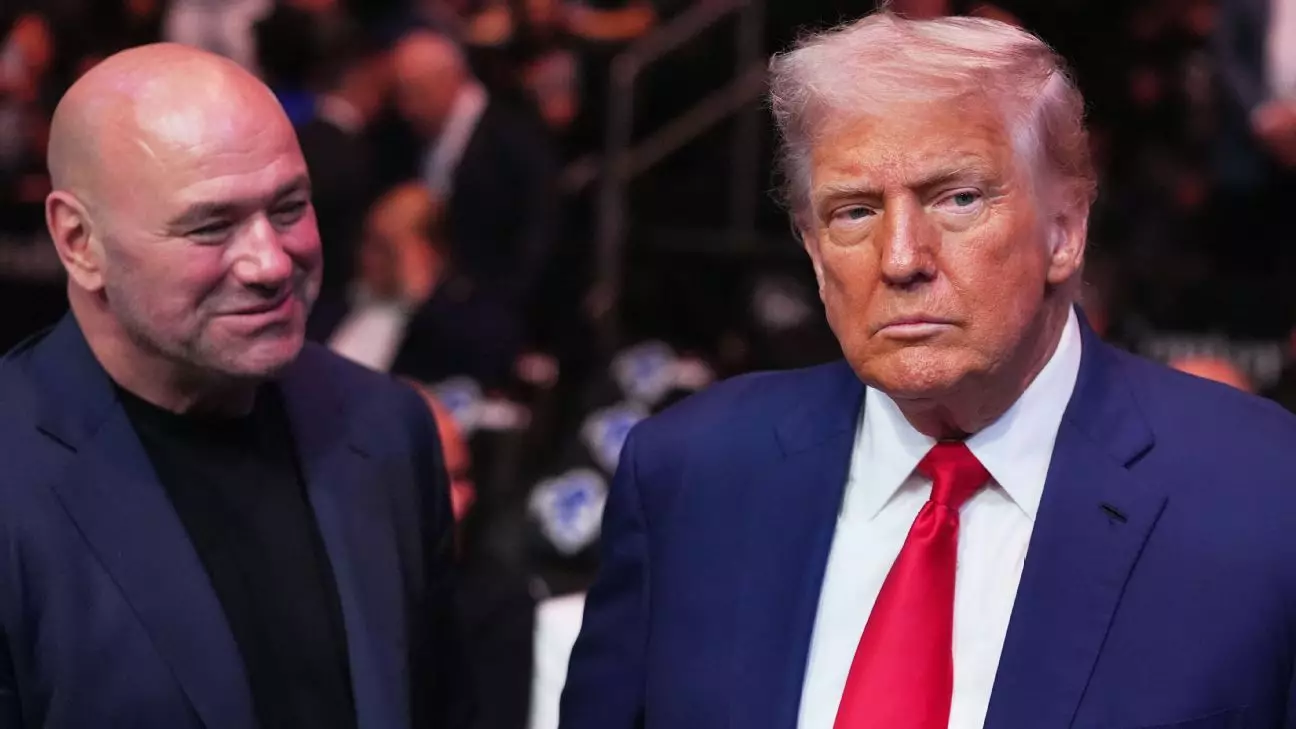In American history, large-scale public events have often served as powerful manifestations of national identity. Traditionally, parades, fireworks, and patriotic displays have been the cornerstone of Independence Day celebrations. However, the recent proposal by former President Donald Trump to host a UFC fight on the White House grounds signals a shift toward leveraging modern entertainment and celebrity culture to cultivate patriotism. This approach reflects a broader trend where spectacle and sport are increasingly intertwined with notions of national pride, offering a visceral and engaging experience that resonates across diverse audiences.
The idea of combining a historic celebration with a UFC bout demonstrates an intentional move to redefine patriotism in contemporary terms. No longer solely anchored in solemn ceremonies or traditional festivities, national commemorations are now embracing entertainment formats that evoke excitement, competition, and personal heroism. By proposing an event capable of drawing tens of thousands, the plan aims to create a memorable and participatory experience that elevates American heritage while tapping into the popularity of mixed martial arts.
The Cultural Significance of Sports in Political Narratives
President Trump’s close ties with the UFC underscores how sports are increasingly wielded as tools of cultural expression and political narrative. His penchant for attending UFC events and his evident enthusiasm suggest a strategic effort to align himself with a certain energetic, combat-ready image that resonates with many Americans. Such events serve to reinforce notions of strength, resilience, and national grit—traits often romanticized in the American identity.
Hosting a UFC fight on the White House grounds would symbolize a fusion of entertainment, political symbolism, and national pride. It positions sport not merely as a leisure activity but as an emblem of American vigor. The idea that a presidential figure would endorse an event of this nature may provoke mixed reactions: some view it as a progressive, inclusive spectacle that unites citizens through shared excitement, while critics could see it as trivializing the dignity of the nation’s highest office.
The Implications of Politicizing Entertainment and History
Blurring the lines between entertainment, politics, and history raises important questions about the future of national celebrations. In an era where media sensationalism often dominates, leveraging a high-profile sporting event as part of a centennial commemoration might dilute the solemn gravitas traditionally associated with independence. Conversely, it could broaden engagement, especially among younger generations who connect more deeply with pop culture.
Moreover, such initiatives reveal a strategic desire to craft a distinctive, modern narrative around America’s 250th birthday. It reflects an understanding that cultural resonance is increasingly achieved through spectacle—a spectacle capable of uniting citizens around shared symbols of strength and competition. While some may argue that this risks turning patriotic celebrations into superficial displays, others might contend that embracing popular culture’s influence is a necessary evolution to reignite national enthusiasm.
This audacious vision exemplifies how leadership and entertainment are converging to forge new pathways for national engagement. Whether seen as innovative or provocative, it undeniably highlights the shifting landscape of American patriotism—one increasingly defined by spectacle, personality, and sport.

